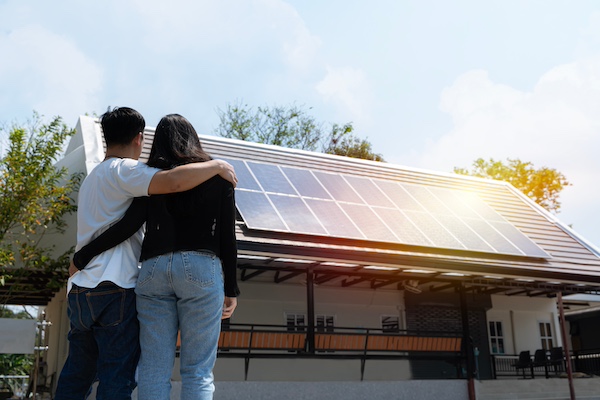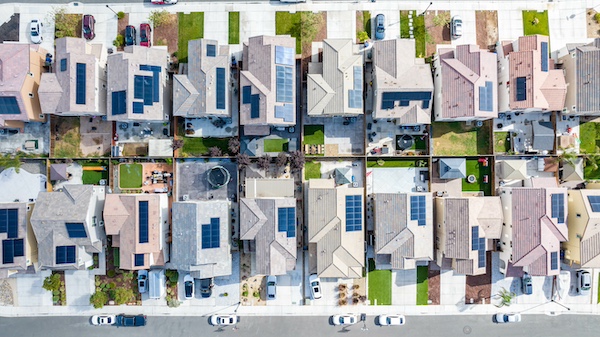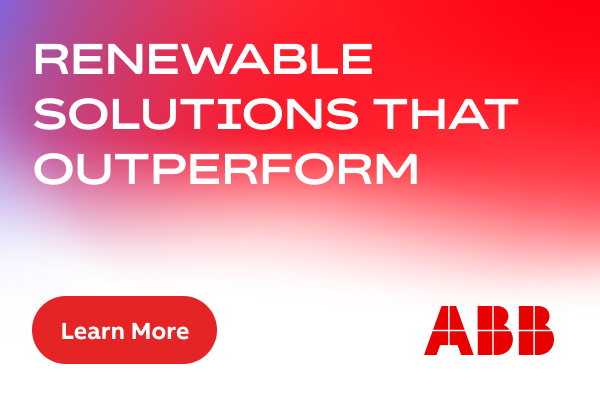Industry Accountability Impacts Solar Adoption
The residential solar industry is booming, with installations in the U.S. up 30 percent over last year, as homeowners grapple with electricity rate spikes and seek ways to make their costs more affordable and predictable year after year. However, some homeowners find themselves on the receiving end of questionable solar contracts, upside-down financing, and poor service due to bad actors in the industry who value profit over integrity.

In an industry that lacks sufficient external accountability, U.S. residents are turning to their state attorneys general to take action and rectify situations that have left them in dire circumstances with their electricity and finances. The United States is currently experiencing a litigation spree, with 20 state attorneys general currently suing approximately 40 solar companies. Unfortunately, many of the bad actors in the industry are getting away with deceptive business practices because they work across state lines, and cannot be sued by the state if they’re not based there. This leaves many bad actors “off the hook” — the plethora of lawsuits, combined with confusion around “who to trust,” ultimately hurts the solar industry and solar adoption at large.
What is the nature of these solar company lawsuits? Here are examples from two states:
- Four solar companies are under fire from Minnesota Attorney General Keith Ellison as the result of complaints by homeowners who were allegedly sold solar after spontaneous pitches at their front doors. According to a statement from Ellison’s office, these companies have cost Minnesota homeowners anywhere from $20,000 to $55,000 each by using deceptive and fraudulent business practices. The investigation found that these solar companies misrepresented their salespeople as local utility company workers, even going so far as wearing fluorescent utility vests to represent themselves as associated energy consultants. The practice carried on despite cease-and-desist letters from several utility providers.
- Connecticut Attorney General William Tong is looking to hold a solar company accountable after 14 resident complaints of high-pressure sales tactics, financing and tax credit misrepresentation, and unpermitted work that left them with nonfunctioning solar energy systems. At the heart of the complaints are instances where this solar provider allegedly took advantage of elderly and intellectually disabled customers by pressuring them into contracts they were not able to read or fully understand. In other cases, unpermitted work left homeowners allegedly unable to connect their solar system to the electric grid, leaving them with a hefty electric bill in addition to a solar system loan.

Not every solar company is a bad actor. However, there are some common red flags homeowners can look out for to help them avoid a bad experience and select the right solar company for their solar installation needs.
1. Subcontracting vs. Accountability
Homeowners need full-service solar that offers accountability across all stages of the process, including in-house sales and support, full-time employees and project managers, local W2 union electricians, and in-house customer service. A major red flag is a solar company that subcontracts its sales, installation, and service. This is a monumental distinction between many of the bad actors in the industry and those that aren’t operating in good faith. A piecemeal and outsourced approach to solar will be problematic. When something goes wrong, accountability becomes a gray area with the company and each subcontracting entity pointing its finger at one another, and the issue never gets resolved.
2. National vs. Local
National solar brands rely on local providers to service customers; they’re just the middlemen. Ideally, you want a local solar company that serves its local customers directly. Once a homeowner’s solar panels are installed and they’re generating their own electricity, they’ll need local technicians who can provide service at a moment’s notice.
3. Vague vs. Transparent & Clear Pricing
Not having a standard pricing model is also a red flag. Often solar companies allow sales representatives to mark up prices based on the customer — a tactic that lacks integrity. Having one pricing model that applies to everyone regardless of income, with the ability to customize to cater to their individual needs, is the type level of integrity a homeowner should seek. To ensure you’re working with a solar company that doesn’t mark up prices, always ask for documentation that shows their pricing model.
4. Mysterious vs. Simple & Educational
The process of solar adoption shouldn’t be a mystery to customers. Education is essential prior to making the upfront investment. All questions should be answered, every step of the process should be known, and every detail of the new solar system should be explained. The best way to go about solar is via education first. Customers should have a complete understanding of the decision they’re making, what it means for them financially, for their home, and how their service will work after installation.
5. Good Luck vs. Guarantees
Solar should always come with a guarantee of the products and services provided. A company that doesn’t offer a guarantee for a customer’s first year of energy production should be crossed off your list of potential solar partners. Choose a solar company committed to producing the level of power promised. If that threshold is not met, the company must rectify – guaranteed.

Complaints are Rising
Between January 1 and September 19, 2023, there were 5,331 complaints about solar panels reported to reportfraud.ftc.gov. This is up 33 percent from all 12 months of 2022, and up 746 percent since 2018 — the first year this data was tracked by the FTC. If you are a solar customer who has been deceived, your state attorney general is your path toward resolution. Tell your story and help the state hold bad actors in the industry accountable. Similarly, if you are satisfied with your solar company’s products and services, leave them a 5-star review so that your testimonial can help lead others to the great solar companies that exist.
Until the bad actors are accurately identified and homeowners properly educated, we risk delaying progress toward renewable energy adoption due to homeowners’ lack of trust. The fulfillment of the 2050 Paris Agreement is quickly approaching. All of North America has a tremendous opportunity to help families understand and adopt practices that will help to mitigate climate change and sustain our planet for centuries to come.
Jay Gotra is CEO of Smart Green Solar, a leadership company committed to helping homeowners achieve affordable, sustainable, predictable energy with solar power.
Smart Green Solar | smartgreensolar.com
Author: Jay Gotra
Volume: 2024 March/April











.jpg?r=3654)
